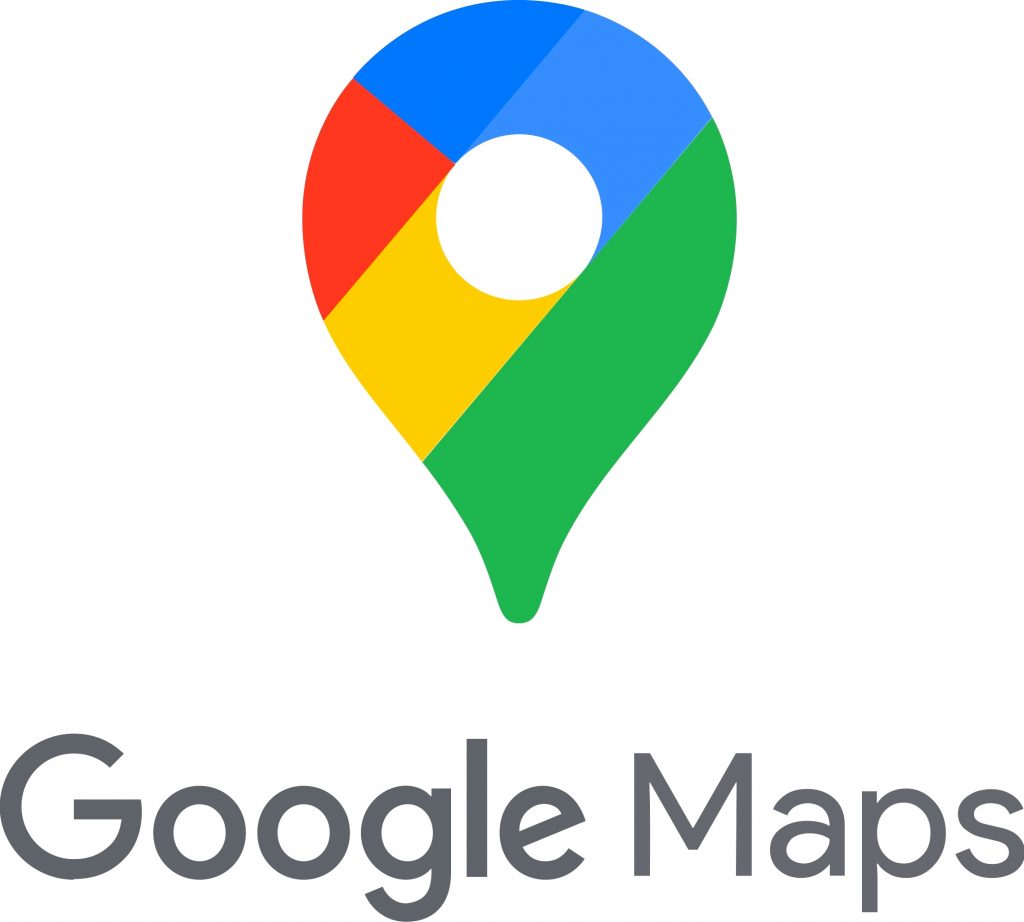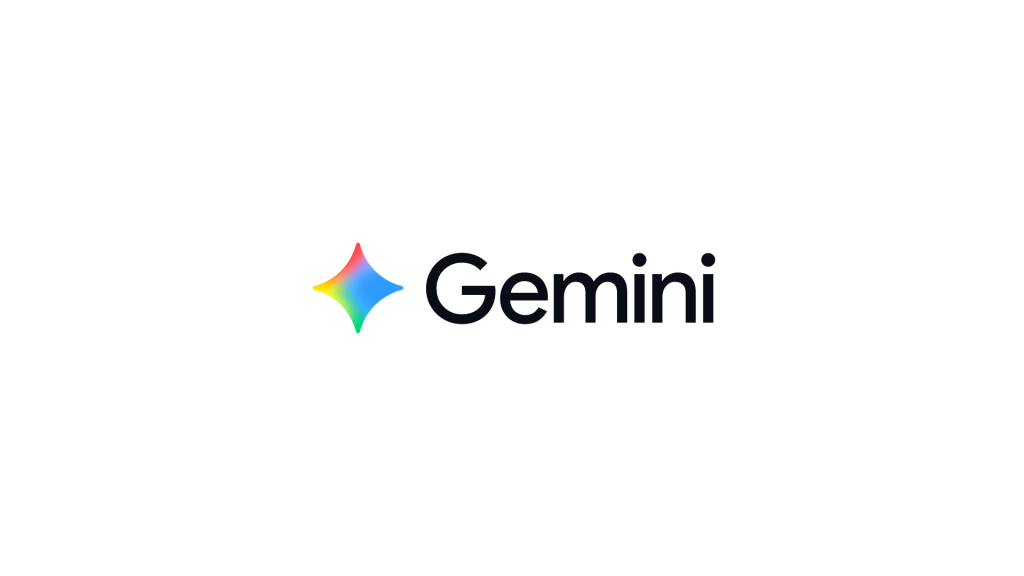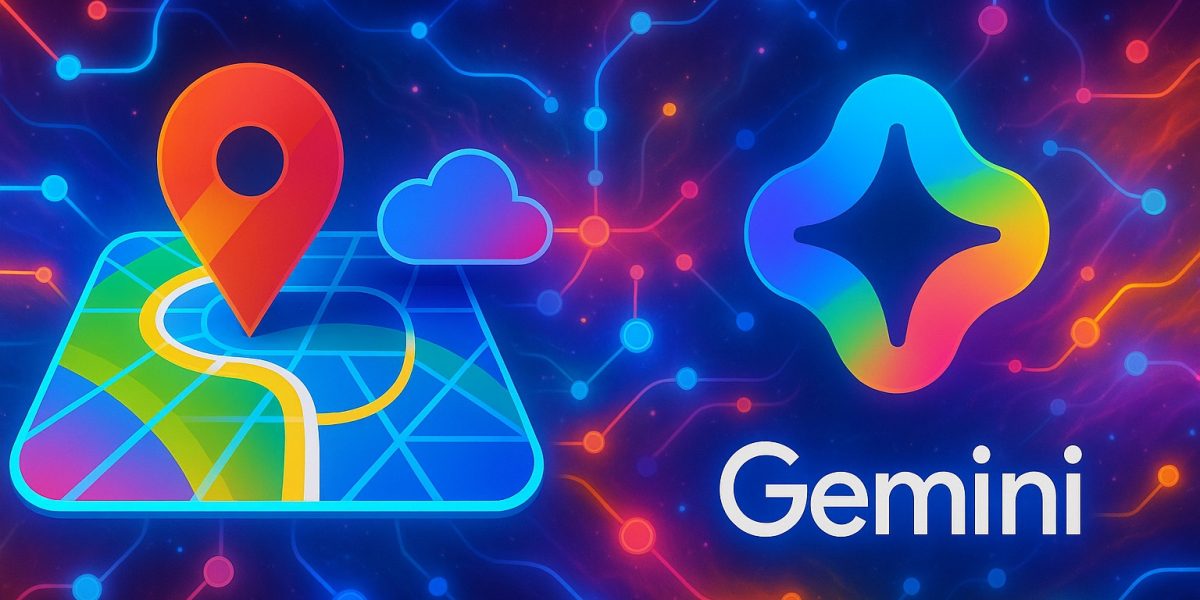Google has rolled out Grounding with Google Maps for its Gemini API, enabling developers to connect their AI applications directly to real-world location data spanning over 250 million places globally. The feature went live on October 17, marking a major expansion of Google’s AI grounding capabilities.
Improving AI Accuracy for Location-Based Queries
The integration gives Gemini models access to structured information including addresses, operating hours, user ratings, and reviews pulled straight from Google Maps. This approach tackles the problem of AI hallucinations in geographic contexts by delivering verified, current information rather than generic responses.
According to Google’s announcement, “This opens up a new class of geospatially aware AI products.” The system automatically detects when queries have geographic relevance and taps into Google Maps data to deliver grounded answers.
Developers can layer Maps grounding with Google Search grounding in a single request. Maps supplies the structured factual data, while Search adds descriptive context from across the web. Google’s internal testing shows that using both tools together produces substantially better response quality than using either one alone.

Real-World Use Cases Across Industries
The integration creates opportunities for applications in travel, real estate, retail, and logistics sectors. Travel apps can generate detailed daily itineraries complete with distances, transit times, and up-to-date business hours. Real estate platforms can offer hyper-local recommendations by identifying nearby schools, parks, and family-oriented amenities.
Several major companies are already exploring the technology. Marriott Bonvoy is investigating enhanced visual mapping capabilities with integrated local information to deepen guest engagement. Real estate platform Compass has partnered with Google to deliver more personalized location insights using this technology.

Technical Specifications and Pricing
The feature works with Gemini 2.5 Pro, Flash, Flash-Lite, and 2.0 Flash models. Pricing starts at $25 per 1,000 grounded requests beyond the free daily request tier. Developers can access the feature through Google AI Studio and integrate interactive Google Maps widgets into their applications using the returned context tokens.
This launch lets Google leverage its unique mapping infrastructure advantage over competitors like OpenAI and Anthropic, who lack access to comparable geospatial datasets. The feature is available worldwide, though restricted in certain regions including China, Iran, and North Korea.




Post a comment